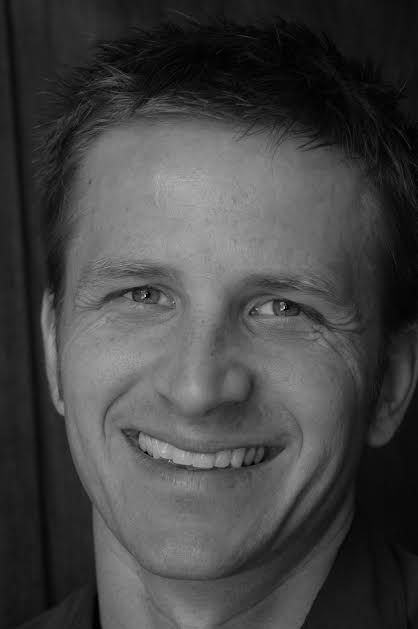ISU professor provides mental health services to students, community
Network Counseling
March 9, 2014
Network Community Counseling Services, created by Nathaniel Wade, an ISU psychology associate professor and a licensed psychologist, in 2006, is an affordable service to university students and community members who suffer from mental illness.
A university student can attend a group counseling session for $5, or they can attend an individual counseling session for $10. Community members who are not students can go to a group counseling session for $10 or an individual session for $20.
“Network services help fill the gap for people who do not have insurance,” said Rachel Bitman-Heinrichs, the associate director for the clinic.
Bitman-Heinrichs has been associated with Network since 2011, and her job is to manage and work with the undergraduate students. She makes sure the undergraduates know the policies and procedures of Network.
Group sessions at Network are usually 90 minutes, once a week. Individual sessions are usually about 50 minutes. It is not uncommon for some people to have both a group session, as well as an individual session during the week.
A group therapy session consists of six to eight people engaging in conversations led by two co-leaders. Usually the people in the group share something in common so they can relate to each other, such as age, life experience or goals, but they do not necessarily have the same issues.
“What we find typically with the groups is that even during the first session, people will find a lot of connections with others,” Wade said. “One person might have depression while another person is anxious, but they can connect on the idea that they feel isolated from people.”
Wade opened the counseling service because he was inspired by group therapy. He saw how it could change people’s lives and he wanted Network to be a clinical, teaching and research clinic.
He saw the clinic as a great opportunity to offer clinical services to those in need, training and supervision for people to become therapists, and research opportunities to provide the most effective mental health services to people.
Bitman-Heinrichs said Network is a good training opportunity for graduate and undergraduate students because it teaches them responsibility.
That responsibility can come at a cost, though.
According to a survey on networkcounseling.com, many people are resistant to go to counseling because they are afraid of the stigma associated with it.
“People think there is kind of a social cost to going to counseling, which is really unfortunate,” Wade said.
Wade described that the stigma for going to counseling causes people to let the threshold for how bad things have to get before going to counseling get so high. People might wait until their mental illness is “bad enough” to go to counseling, even though they could have received help beforehand.
“If we could reach people at that kind of middle range where they need counseling, we could help a lot of people sooner than when it gets worse,” Wade said.
Wade also said that group therapy helps people realize they aren’t alone. It normalizes the issues into something more manageable. They still work on their issues, but they have the weight of feeling like they are struggling with their issues alone off their shoulders.
“I think people feel better when they hear that other people are struggling with similar issues,” Wade said. “I think that is one of the powers of group therapy — that it is so healing.”
Network Community Counseling Services currently has openings, while a lot of other places in the Ames community have waiting lists. If you want more information or want to schedule and appointment, call 515-294-1898, or go to networkcounseling.com.







